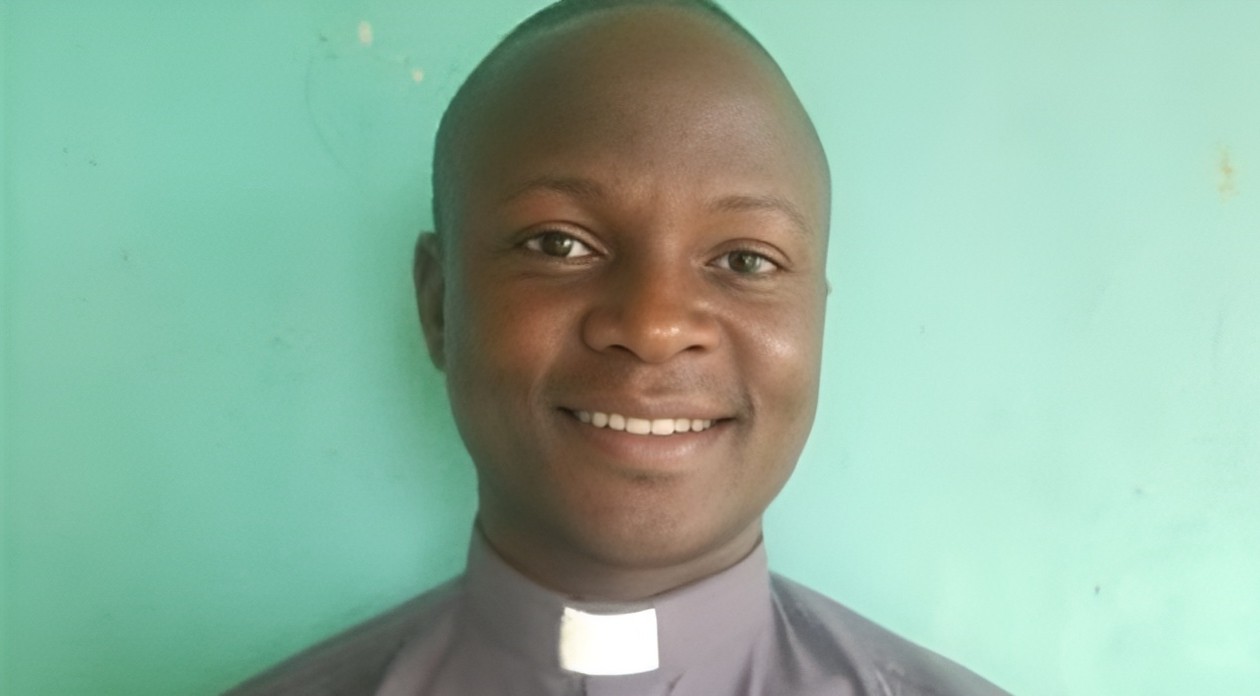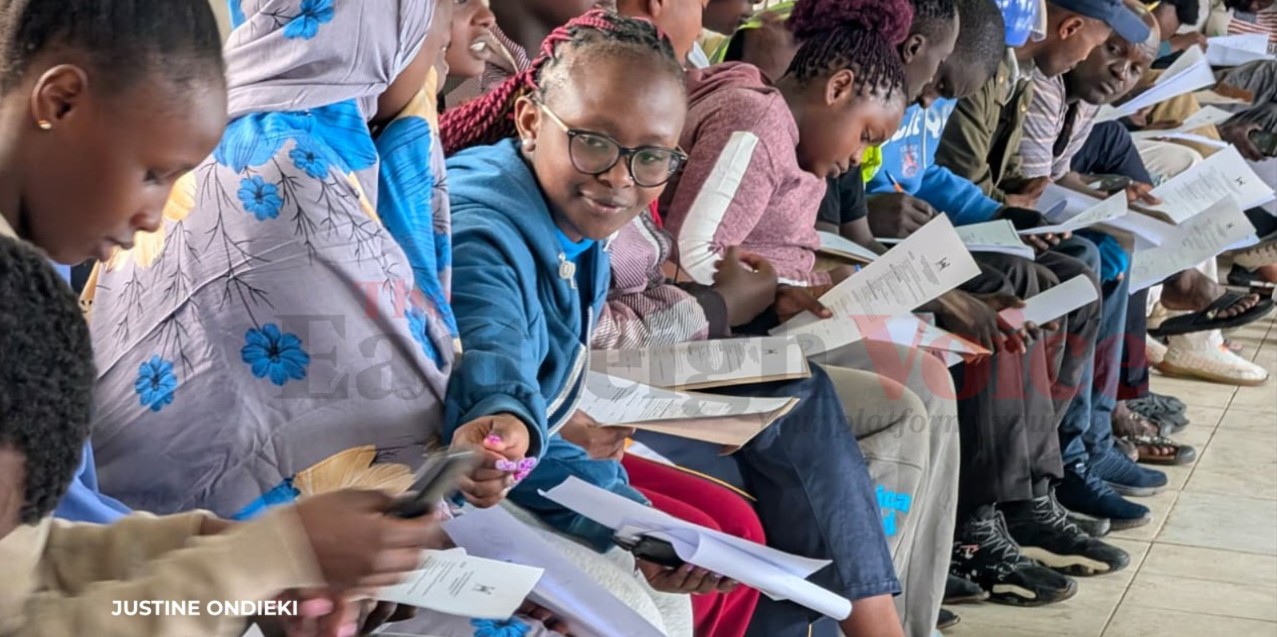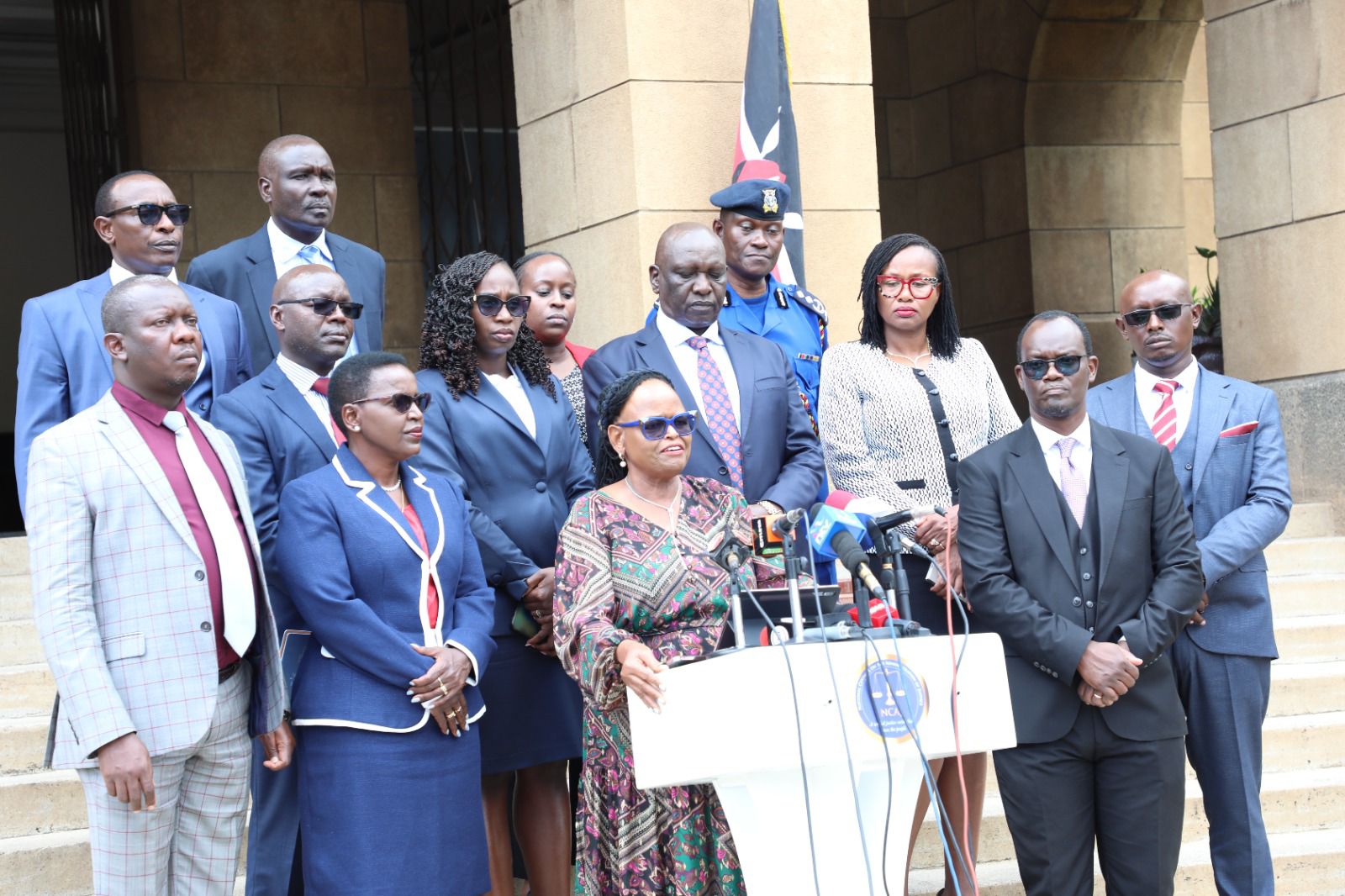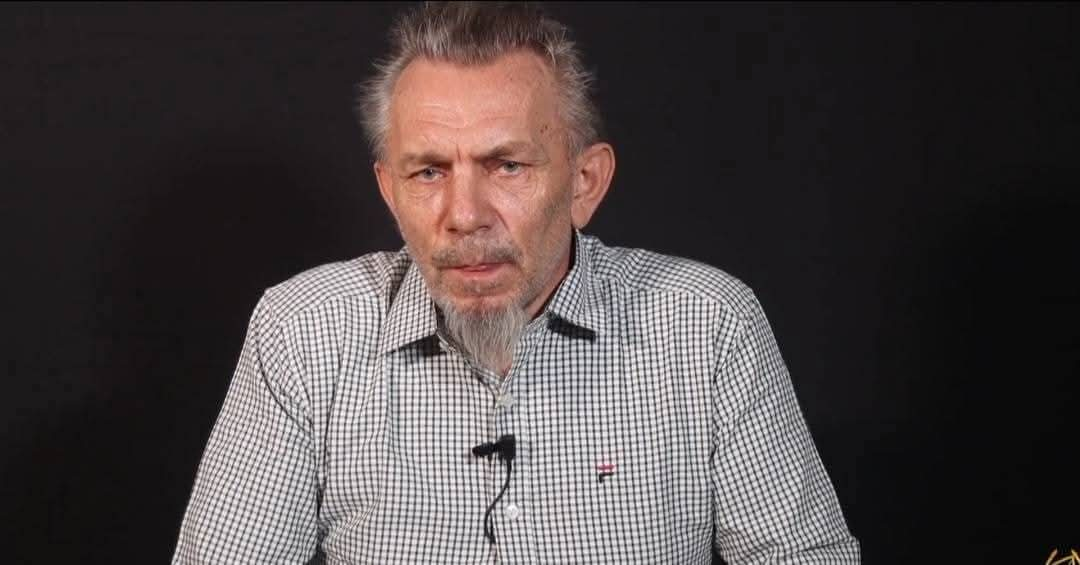Absences, disputes mar G20 meet on global poverty

After U.S. Treasury Secretary Scott Bessent confirmed he would not attend, finance ministers from Japan, India and Canada also pulled out.
South Africa sought to salvage international talks on tackling global poverty on Wednesday as finance chiefs of several leading economies skipped a gathering of Group of 20 nations in Cape Town held against a backdrop of foreign aid cuts.
The two-day meeting comes after the Trump administration announced plans to gut its USAID arm and Britain slashed its aid budget by 40 per cent to divert funds towards defence spending.
More To Read
- Millions of hectares are still being cut down every year. How can we protect global forests?
- COP30 delivers mixed results on climate action, WEF experts say
- Managing conflict between baboons and people: what’s worked - and what hasn’t
- Kenya, Sweden partner to curb billions lost in post-harvest food waste
- UNEA-7 opens in Nairobi as global environmental diplomacy faces major challenges
- 2025 set for second-hottest year on record
Disputes over trade, the Ukraine war and how to tackle climate change have long made it hard for the G20 grouping to make serious progress on global challenges, but the latest no-shows risk further undermining its credibility.
After U.S. Treasury Secretary Scott Bessent confirmed he would not attend, finance ministers from Japan, India and Canada also pulled out. Others cut short their presence and the European Union's top economic official chose to stay away.
"It is now more important than ever that the members of the G20 work together," South African President Cyril Ramaphosa said in opening remarks appealing for multilateral cooperation.
"It is vital to ensuring that the rights and interests of the vulnerable are not trampled beneath the ambitions of the powerful," he said.
The high-profile absences further reduce the chances of agreement on a meaningful communique at the end of the meeting.
Financial system reform
There also seemed little hope of major progress on issues that Ramaphosa as host wanted to target: scant climate finance from rich nations and reform of a financial system that penalises poor countries, as well as widening inequalities.
South Africa's central bank governor, Lesetja Kganyago, noted that a number of recent G20 meetings had finished without agreement on a communique and that the fact that some countries were being represented by deputy ministers was not a problem.
"There is no one in the room then saying ... 'I'm going to make this point, but I think I am too junior so they might ignore it'," he told Reuters.
British finance minister Rachel Reeves defended her country's diversion of foreign aid funds towards greater defence spending.
"It's clear we are facing a more dangerous world, and I will not hide from this reality," she said in a statement, adding that investment, free trade and reforms were the best ways of achieving sustainable growth.
Alex van den Heever, a political scientist at the University of Witwatersrand in Johannesburg, said the absence of the United States from G20 talks - it also declined to send its top diplomat to a meeting of G20 foreign ministers last week - "makes it very difficult to see how people will move forward".
South Africa had hoped to make the G20 a platform for putting pressure on rich countries to do more to tackle climate change and to give more towards poorer countries' transitions to green energy and adaptation to worsening weather.
Top Stories Today










































